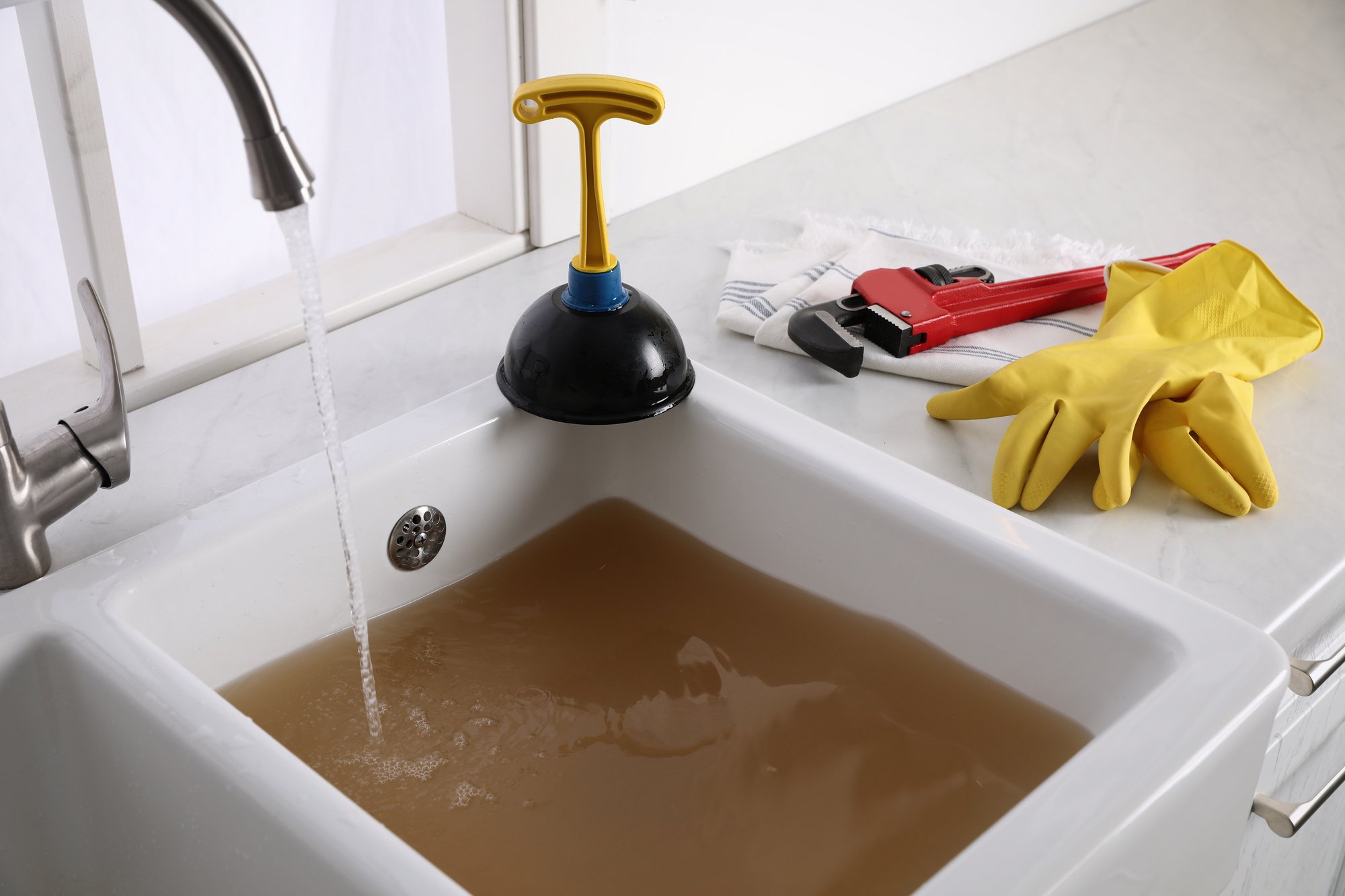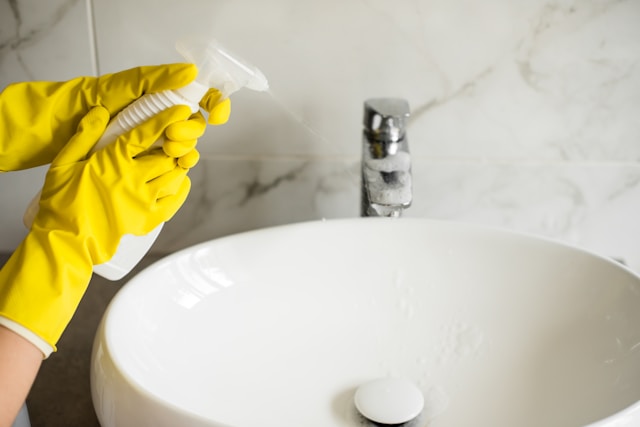Top Tips for Maintaining Bathroom Plumbing: Advice for New Homeowners
Top Tips for Maintaining Bathroom Plumbing: Advice for New Homeowners
Blog Article
Just how do you feel in relation to General Plumbing Tips for New Homeowners?

For brand-new property owners, understanding and keeping washroom plumbing can conserve both money and time by preventing costly concerns down the line. Right here are some crucial bathroom plumbing suggestions to aid you maintain whatever running efficiently.
Acquaint Yourself with the Main Shut-Off Valve
Knowing where the major water shut-off shutoff is located in your house is important. This enables you to quickly switch off the water system in case of significant leakages or during plumbing emergency situations, avoiding considerable water damage.
Consistently Inspect for Leaks
Tiny leaks can result in large troubles. Frequently inspect under sinks, around toilets, and near pipes fixtures for any indications of leakages. Look for dampness, little drips, or rust. Catching and repairing leakages early can prevent more serious damages and save water.
Don't Disregard Slow Drains
If your sink or bathtub is draining pipes gradually, it's frequently an indication of a clog developing. Resolving this very early can avoid a full clog. Make use of a plunger or a plumbing's serpent to clean out particles. Prevent making use of chemical drainpipe cleansers as they can damage your pipelines with time.
Know What Not to Flush
Bathrooms are not garbage disposals. Prevent flushing anything apart from bathroom tissue and human waste. Things like wipes, feminine hygiene items, and cotton bud should be dealt with in the garbage to stop blockages and sewer backups.
Install Strainers in Drains
Location filters in your sink and bath tub drains to catch hair and other particles prior to they enter your pipes system. Cleaning the filters on a regular basis will aid avoid buildup and maintain water flowing openly.
Maintain Your Hot Water Heater
Guarantee your hot water heater is readied to a suitable temperature level (normally about 120 degrees Fahrenheit) to avoid scalding and minimize energy use. Flush the container each year to remove debris accumulation, which can decrease the efficiency and life expectancy of your heating system.
Update Your Components
If your home has older components, consider updating to much more effective versions. Modern bathrooms, showerheads, and faucets are developed to make use of much less water while offering good stress, which can significantly reduce your water expense and ecological footprint.
Be Cautious with Do It Yourself Pipes Repair Works
While it's tempting to manage all home fixings on your own, be cautious with pipes. Some concerns may call for professional competence, particularly if they include major water lines or drain fixings. Working with a specialist can in some cases be more economical than DIY, especially if it avoids additional damage.
Plan For Cold Weather
Protect your pipelines from cold during winter by insulating pipes in unheated locations like cellars, attic rooms, and garages. During extreme cold, allow cold water drip from taps offered by revealed pipes to aid avoid cold.
Arrange Normal Maintenance
Consider organizing annual inspections with a certified plumbing. They can detect concerns that you might miss out on, such as surprise leakages or wear and tear on pipelines and fixtures. Routine upkeep helps expand the life of your plumbing system and can protect against emergencies.
Conclusion
Understanding and preserving your home's bathroom pipes can avoid numerous common problems. By complying with these important suggestions, you can ensure your shower room remains useful and reliable, conserving you money and time over time.
Essential Plumbing Tips for Homeowners: Keep Your Pipes Flowing Smoothly
As a homeowner, understanding the basics of your plumbing system can save you time, money, and a lot of headaches. Plumbing issues can range from minor annoyances like dripping faucets to major problems like burst pipes that cause significant damage. This guide provides essential tips to help you maintain your plumbing system and tackle common issues.
Understanding Your Plumbing System
Supply System: Brings fresh water into your home from a municipal source or a well. Drain-Waste-Vent System: Removes wastewater and vents sewer gases outside. Fixtures and Appliances: Includes sinks, toilets, showers, dishwashers, and washing machines. Basic Maintenance Tips
Regular Inspections: Periodically check for leaks, corrosion, and other signs of wear and tear. Look under sinks, around toilets, and near water heaters. Know Your Main Shut-Off Valve: In case of a major leak, you’ll need to shut off the water quickly. Ensure everyone in your household knows where the main shut-off valve is located. Prevent Frozen Pipes: In cold climates, insulate exposed pipes and let faucets drip during extreme cold to prevent freezing. Use Strainers: Install strainers in sinks and tubs to catch hair, food particles, and other debris that can cause clogs. Common Plumbing Issues and Solutions
Clogged Drains:
Prevention: Avoid pouring grease down the drain and use drain screens to catch debris. DIY Fix: Use a plunger or a plumbing snake to clear minor clogs. For stubborn clogs, a mixture of baking soda and vinegar can sometimes help. Leaky Faucets:
Prevention: Replace washers and seals regularly. DIY Fix: Turn off the water supply, disassemble the faucet, and replace worn parts.

Contact Us Report this page